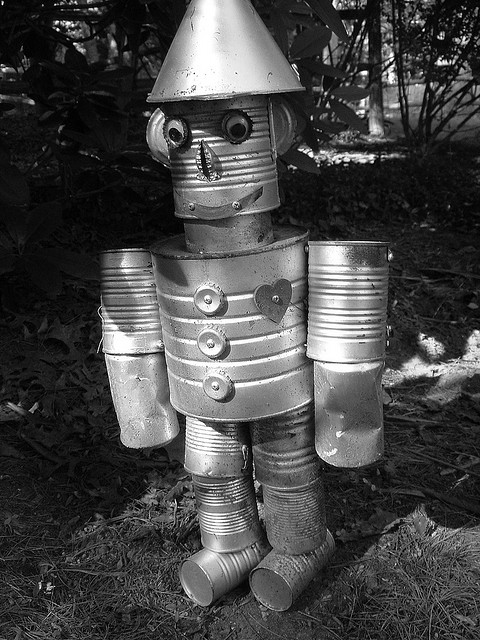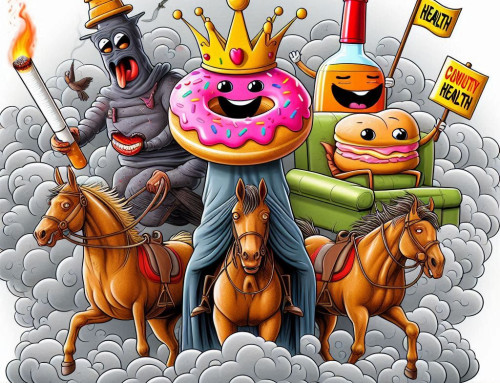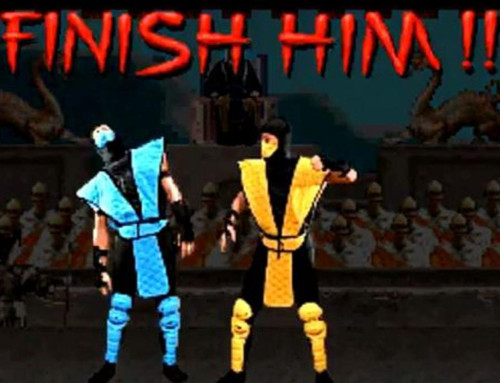An ongoing theme throughout many of my articles is myths and misconceptions of the martial arts. This month’s article is no different. Discipline vs A Discipline. While these aren’t necessarily different, the way people think of them are. Martial arts and Discipline go hand in hand. But that doesn’t mean if you send your out of control child to a martial arts school that they will suddenly be whipped into shape and turned into obedient little angels. Martial arts is A Discipline. Which means it takes focus, concentration, determination, perseverance and a respect for it in order to advance through it and be successful. However, that doesn’t mean we can’t instill discipline into a child, we just can’t do it alone, and it takes considerable amount of time.
I’ve had numerous parents over the years bring their children to me because he/she is out of control, lacks discipline, doesn’t do what they are told, is disrespectful, etc., and they want them “corrected”. While I’m glad the parent chose to bring their child to a martial arts school to help in correcting them, I find that many simply want to drop them off and expect a quick fix. This isn’t going to happen. And as a result, most of those parents remove their children from classes after a month of occasionally getting them to classes and not seeing a change. Keep in mind that as an instructor, I only work with this child for 1-3 hours a day for maybe a few days. In many cases, it’s once or twice a week for an hour. I don’t train students under the age of six years old, therefore, that child spent at least six years of their life learning their current behavior. There is nothing “legal” I can do to correct this child’s behavior in such a short amount of time. And even if there was, it wouldn’t last. Give me a few years, then yes, you’ll see quite a change. But a month or two is not enough. Correcting a behavior takes considerable time. Whether it’s a physical movement or a mental behavior, it just doesn’t happen instantly. It’s a process that takes time.
At home, as it is in the Dojang. One thing that causes massive setbacks when it comes to helping correct a child’s behavior through martial arts is that much of what I teach in class is negated at home. I have strict rules at my studio; from acknowledging a command by saying “Yes Sir”, to showing respect for everyone in the studio as well as the studio itself (taking time to clean it), showing manners and common courtesy. The students get punished when they step out of line and rewarded when doing things right. Unfortunately, I don’t see these same rules being applied at home all the time, and in some cases, being completely negated by rewarding bad behavior. All this does, at best, is set boundaries where the child is supposed to behave (the studio) and where they don’t have to behave (at home, everywhere else). If you’re a parent of a child that is acting up and you have them enrolled in martial arts to help correct them, that’s excellent, just make sure you know the rules that are set in the studio and keep them active all day long outside of the studio and be consistent with them. I find training a child is much like training a pet, but with a few exceptions: 1. Most children don’t like the taste of dog biscuits. 2. Society frowns upon using a choke chain on your dog. 3. While rubbing their nose in a mess they made works well, it tends to upset the parents. 4. Dogs have unconditional love. Ok, I’m joking…sort of…but you get the point. I see people put more effort into training their pets than I do their own children at times and it’s quite strange to me. We have this thought the child will grow up correctly on their own, and that the child’s school, daycare, martial arts school, nanny or someone else will teach them, but it doesn’t work that way. We all teach differently and teach different aspects and skill sets. The foundation of behavior must be set at home and extended elsewhere. The children I see that come to me well behaved and find great success in martial arts all tend to have one thing in common; their parents are actively involved in their lives in a positive way. It’s not easy obviously, as people have to pay the bills and support their families and that can lead to very little time with their children. I don’t have the answer to this, as I am not a parent. All I can do is point it out.
The Man of Steel. There is an old adage in martial arts that a friend and fellow instructor, Travis, reminded me of a short while back, “We turn Tin into Steel”. I remember hearing this, and similar sayings, many years ago but it was lost on me at the time as I spent most of my time working with adults who were very much into the martial arts and self improvement. But now, years later, as I’m working with more youth students (some of which are here because they are made to be here by their parents, some that had aspirations of being the next power ranger, and some that are here because they need “correcting”) that adage is in full force. As an instructor, we sometimes feel like we are putting more effort into helping these kids, than they are putting into helping themselves. We beat our heads against the wall trying to figure out what we, as instructors, are doing wrong. We come up with new punishments, new rewards, new drills, and new ways of saying the same thing for the millionth time that clearly hasn’t been heard. And nothing works. We do our damnedest to turn these flimsy pieces of tin into steel. But we have to remember the second half of the adage, “But first, the tin must want to become steel”. And therein lays the issue. There isn’t much we can do until the student is willing to learn and improve. So as an instructor, and for the parents, our first objective is to give a reason for the child to want to learn, or alter their behavior. This, of course, is easier said than done. But it can be done, and it must be done, before progress is made. And, for many students, it must be constantly reminded to them. I’ve been asked numerous times why, after 10 years of running my own studio, do I only have so few youth high ranks. Sadly, because those few are the only ones I’ve seen want to change and put the effort into changing. I do not hand out belts, nor do I reward lack luster effort. My belt ranks are earned. To gain rank as a martial artist, especially to gain a black belt, you must actively change who you are both physically and mentally. My failure as an instructor comes when I am unable to convince a student to want to turn from Tin to Steel. However, when I do convince them, and their parents and I are on the same track, I know a life is about to be forever changed for the better.







Leave A Comment